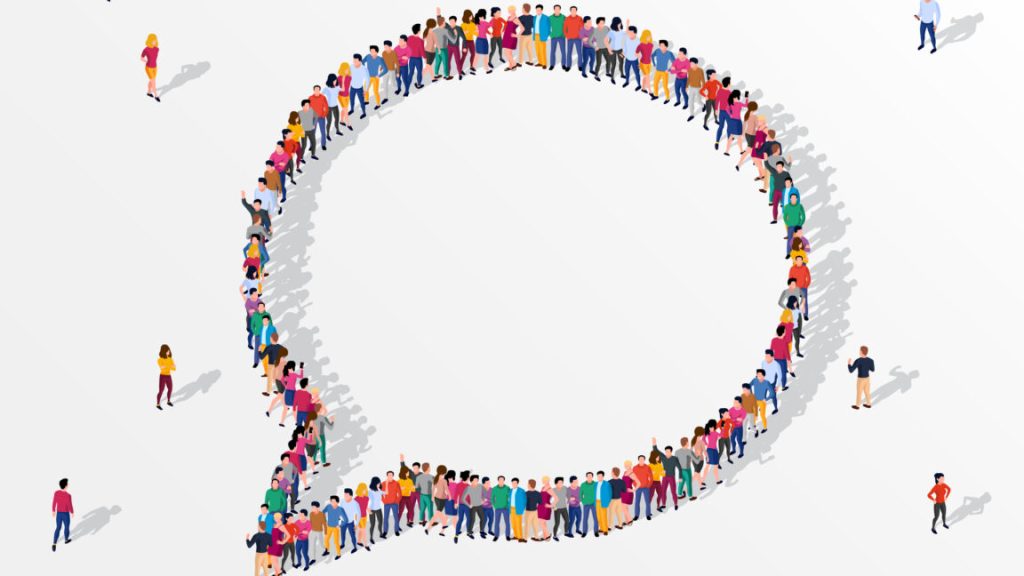But the NYT and other news organizations rejected the compromise, OpenAI said in a filing yesterday. Instead, news plaintiffs have made what OpenAI said was an “extraordinary request that OpenAI produce the individual log files of 120 million ChatGPT consumer conversations.”
That’s six times more data than Berg-Kirkpatrick recommended, OpenAI argued. Complying with the request threatens to “increase the scope of user privacy concerns” by delaying the outcome of the case “by months,” OpenAI argued. If the request is granted, it would likely trouble many users by extending the amount of time that users’ deleted chats will be stored and potentially making them vulnerable to a breach or leak.
As negotiations potentially end this week, OpenAI’s co-defendant, Microsoft, has picked its own fight with the NYT over its internal ChatGPT equivalent tool that could potentially push the NYT to settle the disputes over ChatGPT logs.
OpenAI burdened by making deleted chats searchable
According to the NYT, it’s necessary to search through 120 million ChatGPT users’ conversations. News plaintiffs want the opportunity to prove not just that infringing outputs may be happening frequently, but they also want to document any patterns showing spikes in infringement.
As OpenAI explained, the NYT and other news plaintiffs suing “insist that they should be entitled to conduct a full-scale analysis on every single month during the relevant 23-month time period—notwithstanding the burden—so that they can evaluate how the product has changed over time.”
OpenAI argued that the NYT shouldn’t be allowed to search for evidence of how “the prevalence of regurgitation changed over time. That “kind of extraordinarily granular analysis is disproportionate to the issues in dispute,” they claimed. However, the news plaintiffs seemingly want to make the most of the access granted to search the logs to plead their best case.

